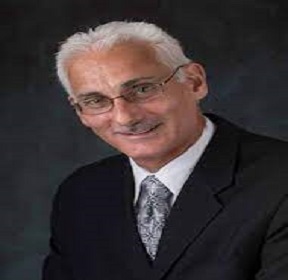
Robert B. Kerstein
USATitle: Preventing Complications in Daily Dental Practice with Digital Measured Occlusion Technology
Abstract:
Former Assistant Clinical Professor, Department of Restorative Dentistry, Tufts University School of Dentistry, Boston, MA 02111, USA
Occlusion is a complex neurologic science that involves the interplay between teeth, muscles and the Temporomandibular Joints. Occlusion however, is taught biomechanically, absent of true interocclusal functional measurements of the occlusal force and timing of the contacts that affects patient’s neurologic health and comfort every time they use their teeth/prosthesis. The T-Scan 10 technology makes it possible to precisely control the occlusal forces and timing with natural teeth, dental implants, and prosthodontic restorations, offering patients predictably improved outcomes, while minimizing frequent common post-insertion occlusal adjustments that often don’t resolve the patient’s comfort issues, despite the dentist’s best efforts.
This course will present Digital Measured Occlusion treats common occlusal complications that appear in everyday clinical practice. Digital occlusion metrics guide the clinician to deliver comfortable, successful restorations, while eliminating the hit or miss subjectivity of using articulating paper, and overcoming the occlusal adjustment limitations that intraoral scanners and virtual articulation have during case insertion. And, because T-Scan accurately treats patients’ occlusal problems in MIP1-15, splints are less necessary. Clinical cases will illustrate how digitally diagnosing and treating occlusal problems to high-precision tolerances improves occlusal outcomes.
Figure
Biography:
Dr. Robert B. Kerstein received his D.M.D. degree in 1983, and his Prosthodontic certificate in 1985, both from Tufts University School of Dental Medicine. From 1985 - 1998, he maintained an active appointment at Tufts as a clinical professor teaching Fixed and Removable Prosthodontics. In 1984, Dr. Kerstein began studying the original T Scan I technology, and has since that time has also studied T-Scan II, T-Scan III, T-Scan VII, T-Scan 8, T-Scan 9, and now the present-day version, the T-Scan 10 technology. Dr. Kerstein has conducted original research regarding the role that occlusion and lengthy disclusion time plays in the etiology of Chronic Occlusal-Muscle Dysfunction.

